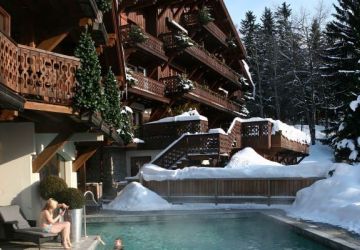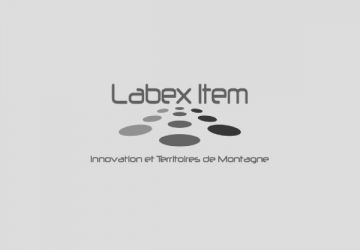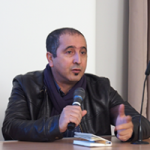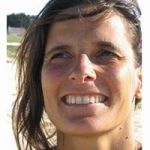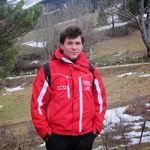Unité partenaire
Laboratoire Sport et ENvironnement Social (EA 3742)
Laboratoire SENS - UFR APS ; Université Grenoble-Alpes - BP 53 38 041 Grenoble CEDEX 9 France
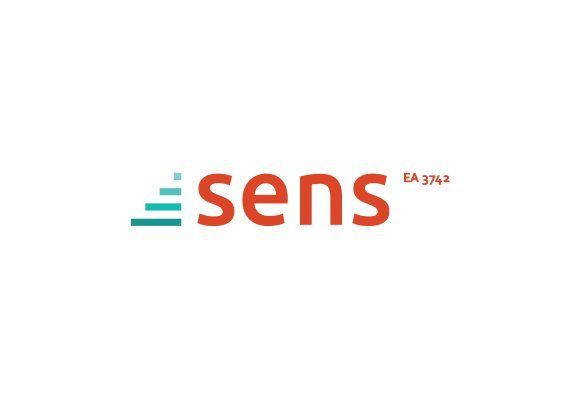
The Rhône-Alpes Region is one of the most attractive European destinations for "sports tourism" because of the existence of various natural areas (medium and high mountains, lakes and rivers passable, ski resorts and spas ) and many business and sports tourism industry (sporting goods, development of the mountain, etc.). Mountain sports based identity and international reputation of the region, especially by means of sporting events, as "spots" unique practice.
This space leisure and sports tourism, particularly Outdoor sports are the heart of the investigations of the research axis SAD (Sport Actors Development) within the laboratory SENS (Sport and social environment). The works are part of a share in the seventh strategic area of innovation (DSI) in the region under the H2020 program ("sport, tourism and mountain development") and, secondly, in the Labex "Innovation and mountain areas" (ITEM). From this point of view, the research axis SAD is specifically part of the WP2 InnoMont and WP3 TerritEx.
The research focuses on sport stakeholders (government, business, sports institutions, media, practitioners, consumers), its transformations, its distribution, its management, and its marketing, in the sector of activity of tourism – sport tourism - in connection with the development of the territory.
The work aimed at better understanding of the functioning of institutions (sports, political, economic) and the values of the actors, through the issues and conflicts that drive them, this in a complex context: political, economic, societal, cultural, environmental, in the context of global change.
With the diversification of tourism and sports activities in mountain areas, they are facing new economic, social and environmental issues and need to move towards new models (management and / or Government). Interest is then focused in particular on the "marketing" of sports in the industry that is sports tourism, linked to the development of the territory in the mountains. Thus, are analyzed:
- micro-attitudes of small business managers to 1) understand the logics of action and strategies that result and 2) explain the management methods of development of small business and the organization of the market nature sports tourism;
- local sports policies and forms of regional development through tourism and recreational sports;
- financial and professional structures of specific sectors and organizations in the world of leisure sports (companies, associations, events and sports institutions);
- social representations and territorial behavior (social uses of the mountain), especially the analysis of sports risks and understanding the relationship to risk of practitioners (representations and behaviors in snowpark for example; study of accidents related to mountain sports including the practice of cross-country skiing ...);
- gender norms that shape the discourse on sports practices and learning conditions of the genre, and the consequences of this process in terms of representations and the choice of leisure sports activities by social actors;
- communication practices and impacts of ICT (Information and Communication Technologies) on sports practices, economy and tourism, especially the use of computer networks and their impact on the process of information and communication in sports organizations and various leisure producers sportsmen.
Most of these studies used to support the teachings of the LEST specialty (leisure, environment, sport, tourism) of the Master of Sport Health Society.
Projets associés
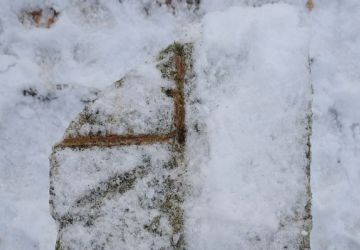
Porteur du projet
InnoMont : Négocier l’innovation, lectures montagnardes

Porteur du projet
Laboratoire d'Excellence Innovation et Territoire de Montagne
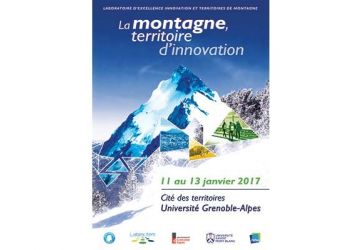
Partenariat scientifique

